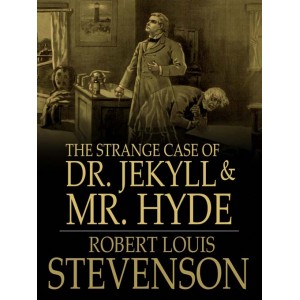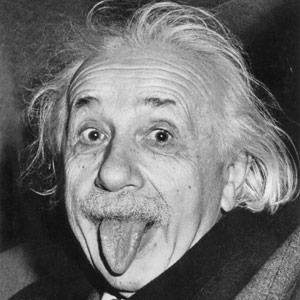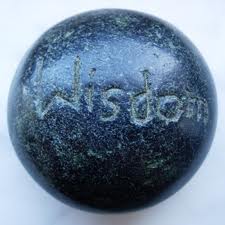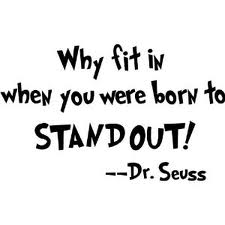Stepdad Quote & Wisdom ~ Robert Louis Stevenson
Don’t judge each day by the harvest you reap but by the seeds that you plant.
~ Robert Louis Stevenson
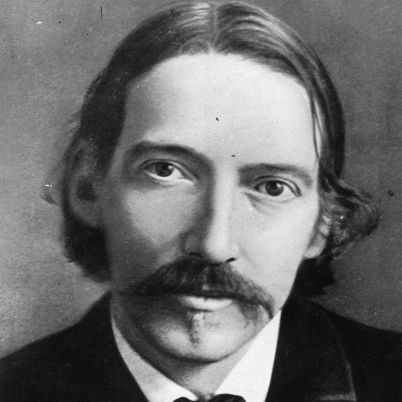
Stevenson’s quote is a corollary to the biblical verse in Galatians 6:7. My paraphrase, “You can’t play (fool) God, you will always harvest what you plant.”
Every kind of grain you plant will produce a grain like itself. If you plant wheat, you will harvest wheat. If you plant corn, you will harvest corn. The same thing applies to our character and things we do. If you sow trouble, you can expect trouble in your life. If you sow gossip, you can expect to be gossiped about. If you show generosity to others, you can expect to receive generosity in return.
I consider Stevenson’s quote a corollary because if you’re reaping a terrible harvest from seeds you sowed at an earlier time you have an opportunity to redeem the day by planting “good” seeds that you’ll enjoy at some future harvest. What seeds are you planting today?
Stevenson the Stepfather
Robert Louis Balfour Stevenson (13 November 1850 – 3 December 1894) was a Scottish novelist, poet, essayist and travel writer. His best-known books include Treasure Island, Kidnapped, and Strange Case of Dr Jekyll and Mr. Hyde. Did you know he was a stepfather?
Stevenson became the stepfather to Belle and Samuel (Lloyd) when he married their mother Frances (Fanny) Van de Grift Osbourne. In 1876, Osbourne, an American was estranged from her husband and was studying art in Europe when she first met Stevenson. Osbourne eventually returned to the United States in 1878. She shortly afterwards divorced her husband.
Stevenson and Osbourne married in San Francisco in May 1880. During a rainy holiday in Scotland when Lloyd was twelve, he and Stevenson drew a map, which inspired Stevenson to write Treasure Island (1883). He dedicated the novel to his stepson. After the marriage of his mother and Stevenson, Lloyd accompanied the Stevenson’s on many of their travels, settling with them at Vailima. Lloyd and his sister Belle wrote about Stevenson and their experiences in Samoa in Memories of Vailima (1902).

